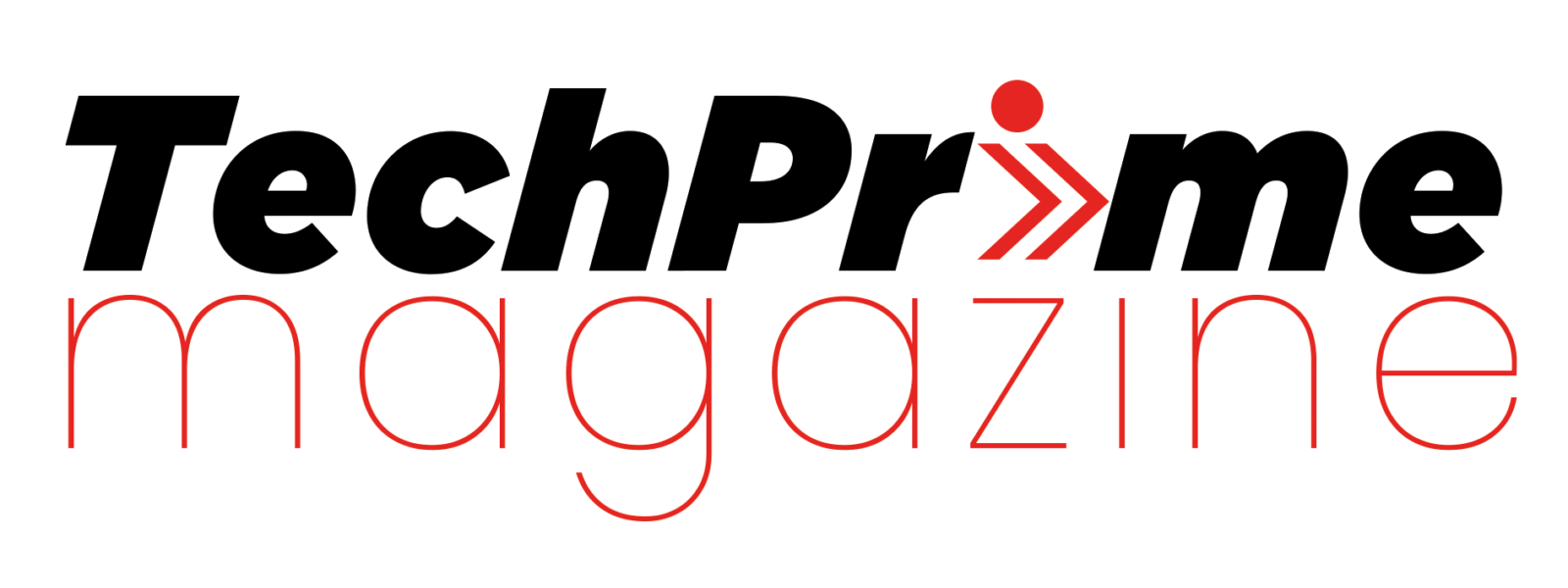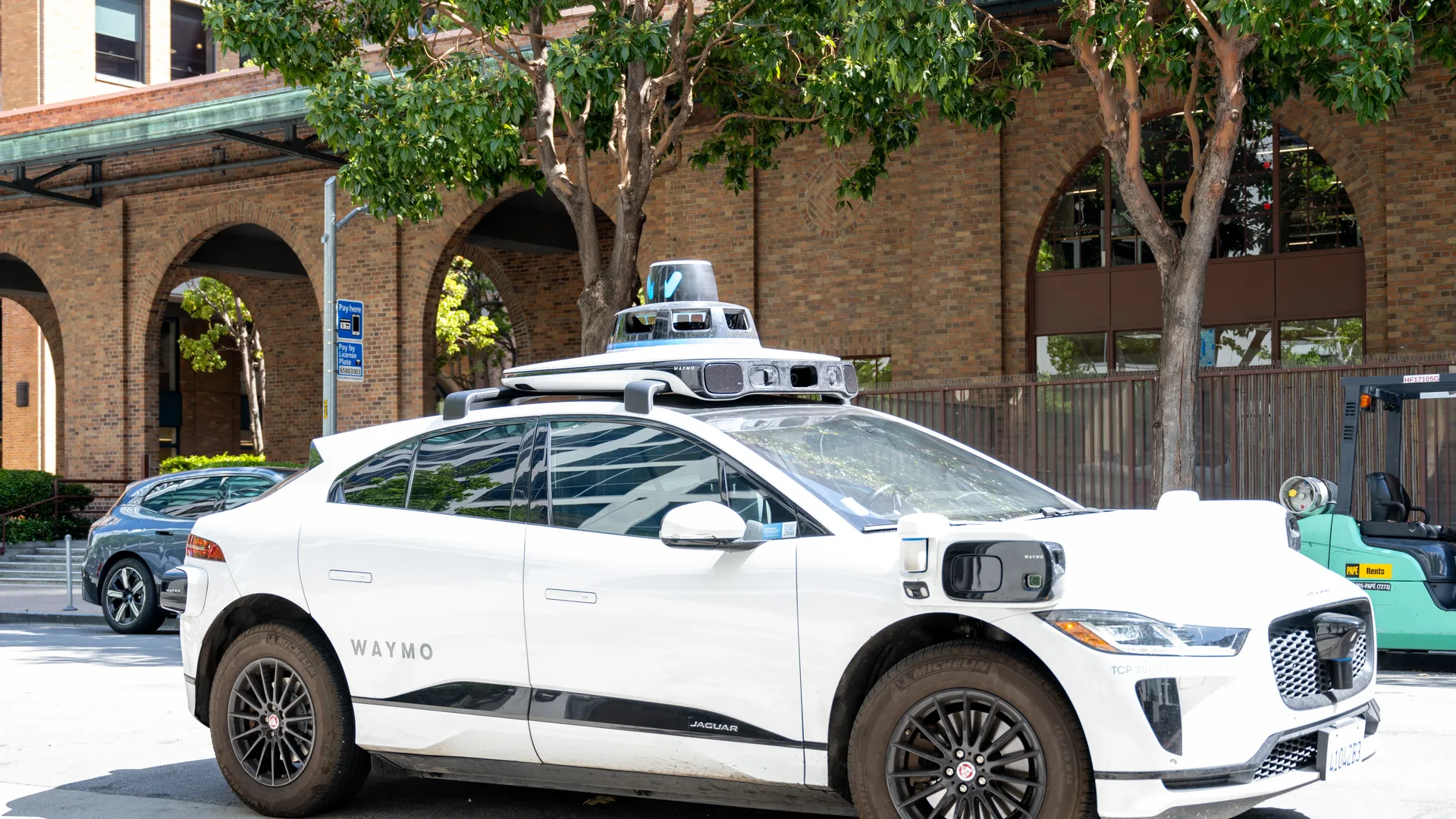“The Waymo Driver integration plant in Mesa is the epicenter of our future growth plans,”
Waymo, the autonomous driving technology subsidiary of Alphabet Inc. announced the opening of a new, state-of-the-art manufacturing facility in the Metro Phoenix, Arizona.
This 239,000-square-foot plant, developed in partnership with automotive supplier Magna International, is poised to accelerate the production and integration of Waymo’s self-driving technology into its growing fleet of robotaxis, signaling a critical phase in the company’s ambitious expansion plans across the United States.
The investiment is expected to significantly boost Waymo’s production to over 2000 autonomous cars to the current fleet. The company currently has over 250,000 paid trips each week in cities like Phoenix, San Francisco, Los Angeles, and Austin.
The new facility will initially focus on outfitting thousands of Jaguar I-PACE electric vehicles with Waymo’s advanced Driver technology, building upon the company’s existing fleet of approximately 1,500 vehicles.
“The Waymo Driver integration plant in Mesa is the epicenter of our future growth plans,” stated Ryan McNamara, Vice President of Operations at Waymo. “With our partners at Magna, we’ve opened a manufacturing site that enables the cost efficiency, flexibility, and capacity to scale our fleet to new heights.”
Fueling the Future of Autonomous Mobility
The autonomous car manufacturer has hinted at plans to double its robotaxi fleet by the end of 2026, and the new plant will be instrumental in the implementation of this strategy.
Furthermore, the facility’s flexible design will accommodate the integration of Waymo’s upcoming sixth-generation self-driving technology into new vehicle platforms, including the all-electric Zeekr RT, set to debut later this year. When fully operational, the plant is projected to be capable of producing tens of thousands of fully autonomous Waymo vehicles annually.
Arizona Governor Katie Hobbs lauded the development, stating, “The new Waymo and Magna manufacturing facility in Mesa is the latest example of Arizona being the new home for technology to innovate and grow. I’m proud to see autonomous vehicles on our streets every day, helping get people where they need to be safely. The new manufacturing facility will enhance this presence, and the local jobs it’s creating will help Arizona’s tech economy continue to rise on the world stage.”
But the company is not mearely increasing its vehicle count. Waymo is actively preparing to bring its fully autonomous ride-hailing service to major hubs like Atlanta, Miami, and Washington, D.C., in 2026. The new manufacturing processes implemented at the Mesa facility are designed to significantly reduce the time and cost required to prepare a vehicle for rider service, allowing vehicles assigned to the Phoenix fleet to drive themselves directly into service within minutes of leaving the factory.
A Dynamic and Competitive Landscape
Waymo’s significant investment comes amidst a rapidly accelerating and increasingly competitive autonomous vehicle (AV) industry. Companies globally are intensifying their efforts to deploy driverless technology, pushing towards a future where autonomous mobility is commonplace.
One of the most anticipated developments is Tesla’s ambitious entry into the robotaxi market. CEO Elon Musk recently announced that Tesla is “tentatively” set to begin offering public rides in its self-driving vehicles on June 22, 2025, starting in Austin, Texas.
Other key players are also making notable strides:
- Cruise, General Motors’ autonomous vehicle unit, is cautiously restarting operations under stricter regulatory conditions after a major safety incident in late 2023. Their return to public roads is being closely watched as a bellwether for the industry.
- Zoox, Amazon’s subsidiary, continues to develop its purpose-built robotaxi without traditional controls, with plans to launch services in Las Vegas and the San Francisco Bay Area this year.
- Baidu’s Apollo Go in China, along with other Chinese contenders like WeRide and Pony.ai, have expanded their robotaxi services not only domestically but also to the Middle East, highlighting a global race for autonomous dominance.
- Lyft, in partnership with May Mobility, plans to launch autonomous rides in Atlanta by the end of 2025, with subsequent expansions to Dallas by 2026, leveraging their ride-hailing platforms for deployment.
- Uber is also making moves, including a partnership with Waymo to allow users to hail Waymo’s autonomous vehicles directly through the Uber app in certain areas, and also recently announced a robotaxi trial in London in 2026 with British AI startup Wayve Technologies.
The autonomous vehicle industry continues to navigate regulatory hurdles, public perception, and technological complexities. However, Waymo’s new manufacturing facility and the aggressive timelines announced by other industry leaders signal a clear trajectory towards widespread autonomous mobility in the coming years. The race to define and dominate the future of transportation is well underway, with manufacturing capacity now emerging as a key differentiator.

